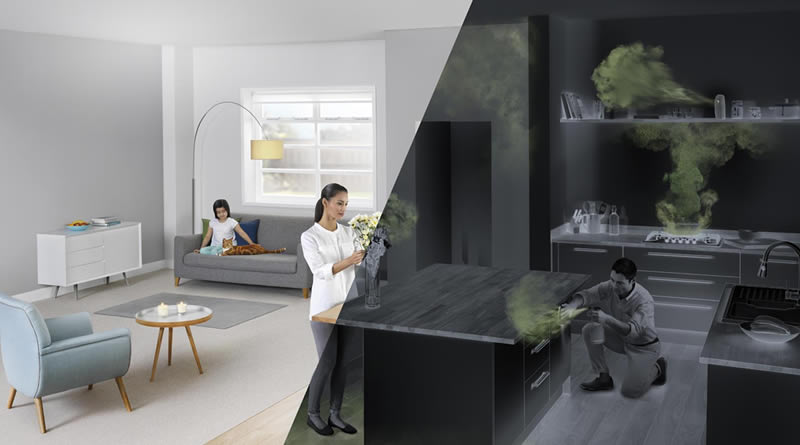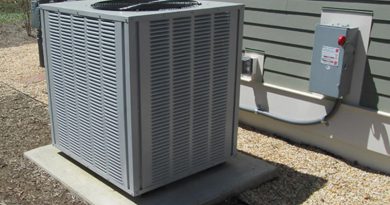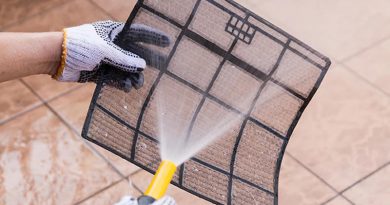Factors Affecting Indoor Air Quality
Indoor air quality plays a crucial role in our overall well-being and comfort within enclosed spaces. Various factors can influence the quality of the air we breathe indoors, and understanding these factors is essential for creating a healthy and pleasant environment. In this article, we will explore the different elements that impact indoor air quality, shedding light on their significance and how they can be managed to ensure a clean and fresh indoor atmosphere.
Ventilation
Proper ventilation is a key factor in maintaining good indoor air quality. Ventilation systems, such as windows, doors, and mechanical systems, allow fresh outdoor air to circulate and replace stale indoor air. Adequate ventilation helps remove pollutants, odors, and excess moisture from indoor spaces. Insufficient ventilation can lead to a buildup of harmful pollutants and contribute to a stuffy or uncomfortable environment.
Building Materials and Furnishings
The materials used in constructing buildings and the furnishings within them can significantly impact indoor air quality. Some building materials, such as paints, varnishes, adhesives, and carpets, may release volatile organic compounds (VOCs) into the air, which can cause respiratory issues and allergic reactions. Choosing low-VOC or eco-friendly materials can help minimize the release of harmful substances and promote better air quality.
Chemical Pollutants
Chemical pollutants present in indoor environments can originate from various sources, including cleaning products, pesticides, tobacco smoke, and certain household items. These pollutants can negatively affect indoor air quality and pose health risks, especially in poorly ventilated spaces. Using natural or less toxic alternatives, proper storage and disposal of chemicals, and reducing the use of harmful substances can help minimize the presence of chemical pollutants.
Biological Contaminants
Biological contaminants, such as mold, bacteria, viruses, and pollen, can significantly impact indoor air quality and contribute to respiratory issues and allergies. Damp or humid environments provide favorable conditions for the growth of mold and bacteria. Regular cleaning, maintaining proper humidity levels, and promptly addressing water leaks or moisture issues can help prevent the proliferation of biological contaminants and improve indoor air quality.
Outdoor Factors
Outdoor factors, such as pollution, allergens, and pollen, can infiltrate indoor spaces and affect air quality. Proximity to industrial areas, traffic, or natural allergen sources can increase the presence of outdoor pollutants indoors. Proper sealing of windows and doors, the use of air purifiers or filters, and regular cleaning can help reduce the impact of outdoor factors on indoor air quality.
By being aware of the factors that influence indoor air quality, we can take proactive steps to ensure a healthier and more comfortable living or working environment. Regular maintenance of ventilation systems, careful selection of building materials and furnishings, proper handling of chemicals, and effective management of biological contaminants are essential for achieving and maintaining high indoor air quality.




